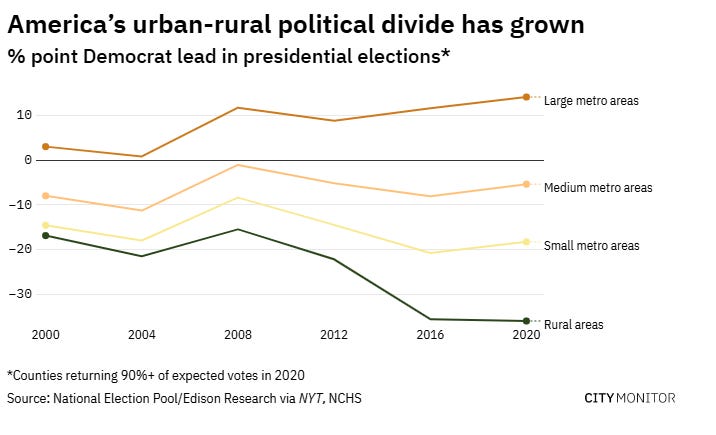As an author, I am deeply grateful for criticism. Your critics correct you. Your critics help you improve. And as Oscar Wilde taught us in The Picture of Dorian Gray, “There is only one thing in the world worse than being talked about, and that is not being talked about.” For the vast majority of writers, being widely denounced would be a big step up from being utterly ignored.
Relative to my earlier books, criticism of the new Build, Baby, Build: The Science and Ethics of Housing Regulation has so far been mild. I’m still waiting for the first 1-star Amazon review.
Granted, my thesis — property-owners, not government, should decide what to build on their own land — ultimately horrifies most people. But almost everyone who knows anything about housing knows that the case for determined deregulation is strong. Still, I plainly haven’t convinced all informed observers. What are their best objections, and how do I reply?
- “Exactly what regulations should be abolished? Are you opposed to building codes? Fire codes? Or what?” The book focuses on height restrictions, multifamily restrictions, minimum lot sizes, and minimum parking requirements. There is specific research on all four of these forms of regulation which confirms their high costs and low benefits, so we should definitely eviscerate them. But as my discussion of the slippery slope suggests, I am broadly opposed to even the most anodyne regulations. Reputation and private certification are the best ways to ensure occupants’ safety. HOAs and nuisance lawsuits are the best ways to handle neighbors’ complaints. I’m striving for a broad consensus, and celebrate any deregulation I can get. My aspirational agenda, however, is full laissez-faire.
- “You claim that deregulation will raise fertility by reducing housing prices. But don’t dense cities almost always lead to rock-bottom fertility?” Whenever you see birth dearths in cramped quarters, the fundamental question to ask is: “Why do these people consume such a small quantity of housing?” Our default answer should definitely be: “Because housing is expensive.”If 4000 square foot apartments in Manhattan skyscrapers cost $1500 a month, would critics really still expect their occupants to have low fertility? While it is logically possible that density per se reduces fertility holding the price per square foot of housing constant, I have yet to see any credible evidence of this. This recently popular paper has no price data. Furthermore, it measures density at the national level, so whether your people live in closets or mansions doesn’t even register.
I’m also tempted to respond: If you fear density’s effect on fertility, you should oppose the deregulation of skyscrapers, but support the rest of my agenda. But the validity of this rebuttal hinges on the way you measure density. It’s not crazy, for example, to define density as “families per acre.” Given this definition, maybe natalists should embrace 1-acre zoning for single-family homes. In fact, if you really believe that sheer density is psychologically sterilizing, perhaps you should try to prevent anyone from even seeing a neighboring home.
Ridiculous? Yes, but why? To repeat repeat repeat, because of the effect on housing prices! Even if, holding price constant, 1-acre zoning raises fertility, such regulations drastically raise housing prices, which strongly encourages young adults to keep living with their parents. Which in turn delays marriage and child-bearing, often permanently.
- “Virtually all large U.S. cities are left-wing. Won’t housing deregulation push U.S. political opinion to the left?” A dear Austin friend once told me, “It’s great to live in a blue city in a red state.” My response: “We don’t really know what a red city would be like, because they basically don’t exist.” In the U.S., one-party democracy by Democrats is the urban norm. 18 out of the 20 most-populous U.S. cities have Democratic mayors. And in presidential elections, large metro areas lean strongly Democratic.



